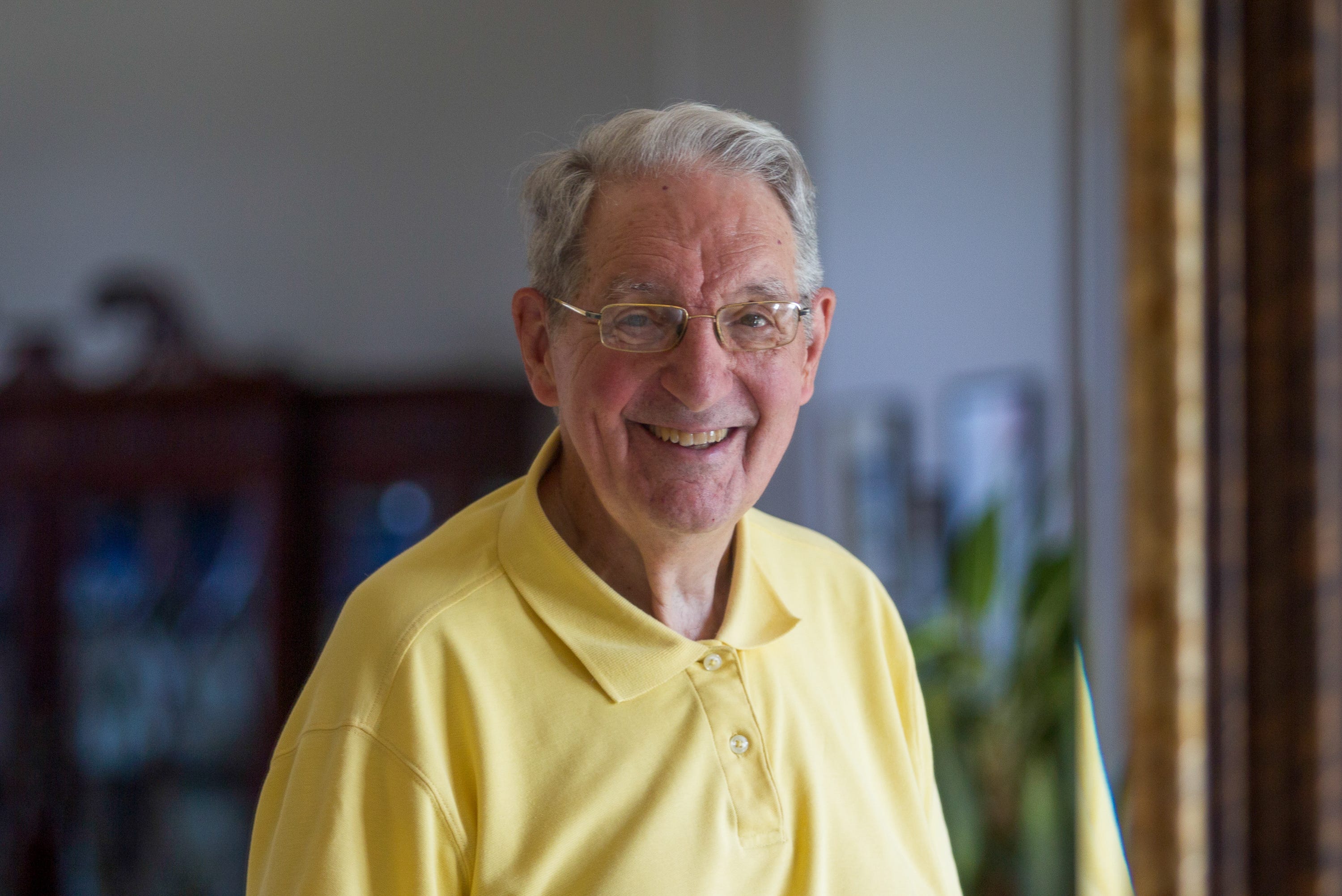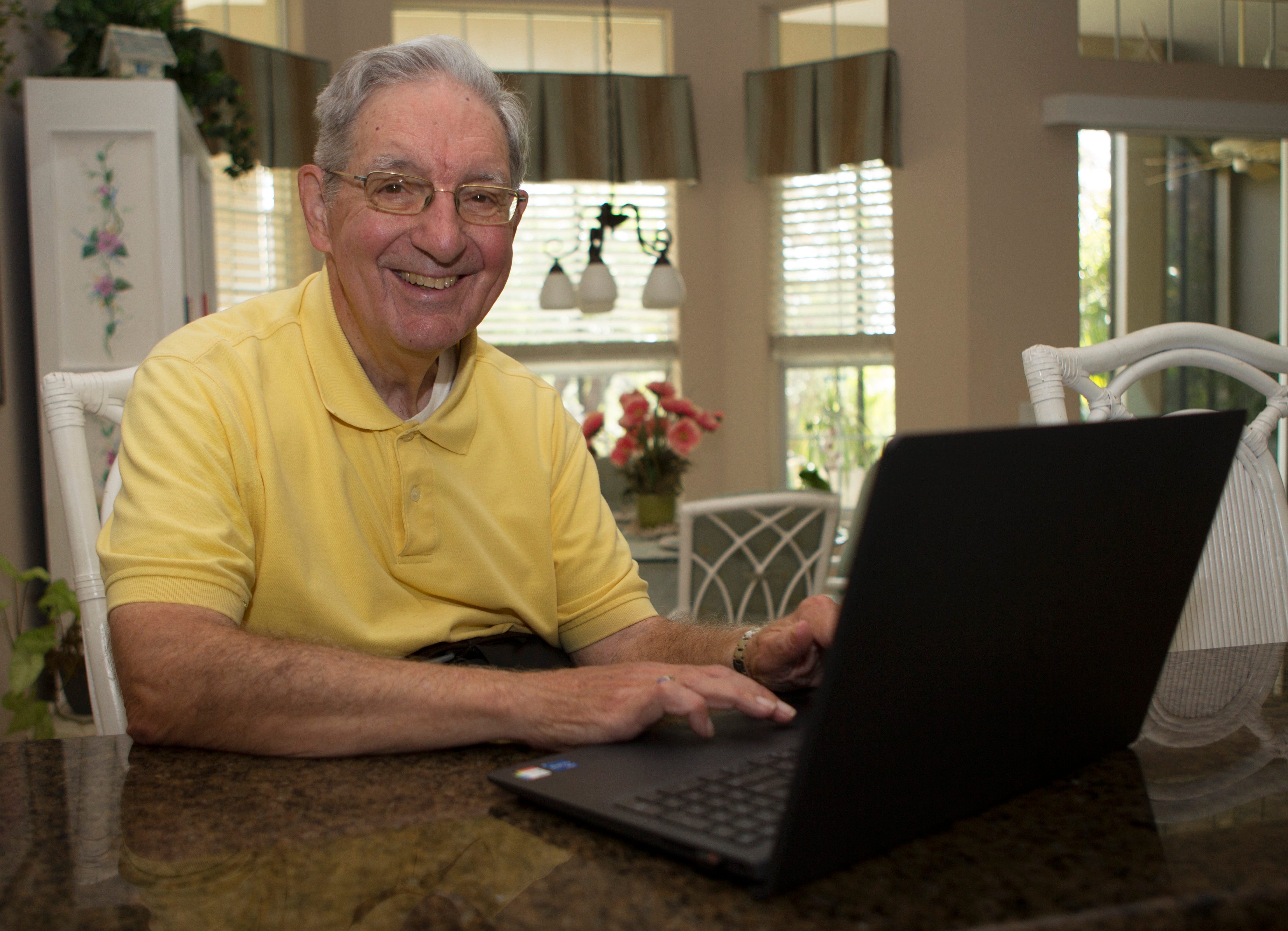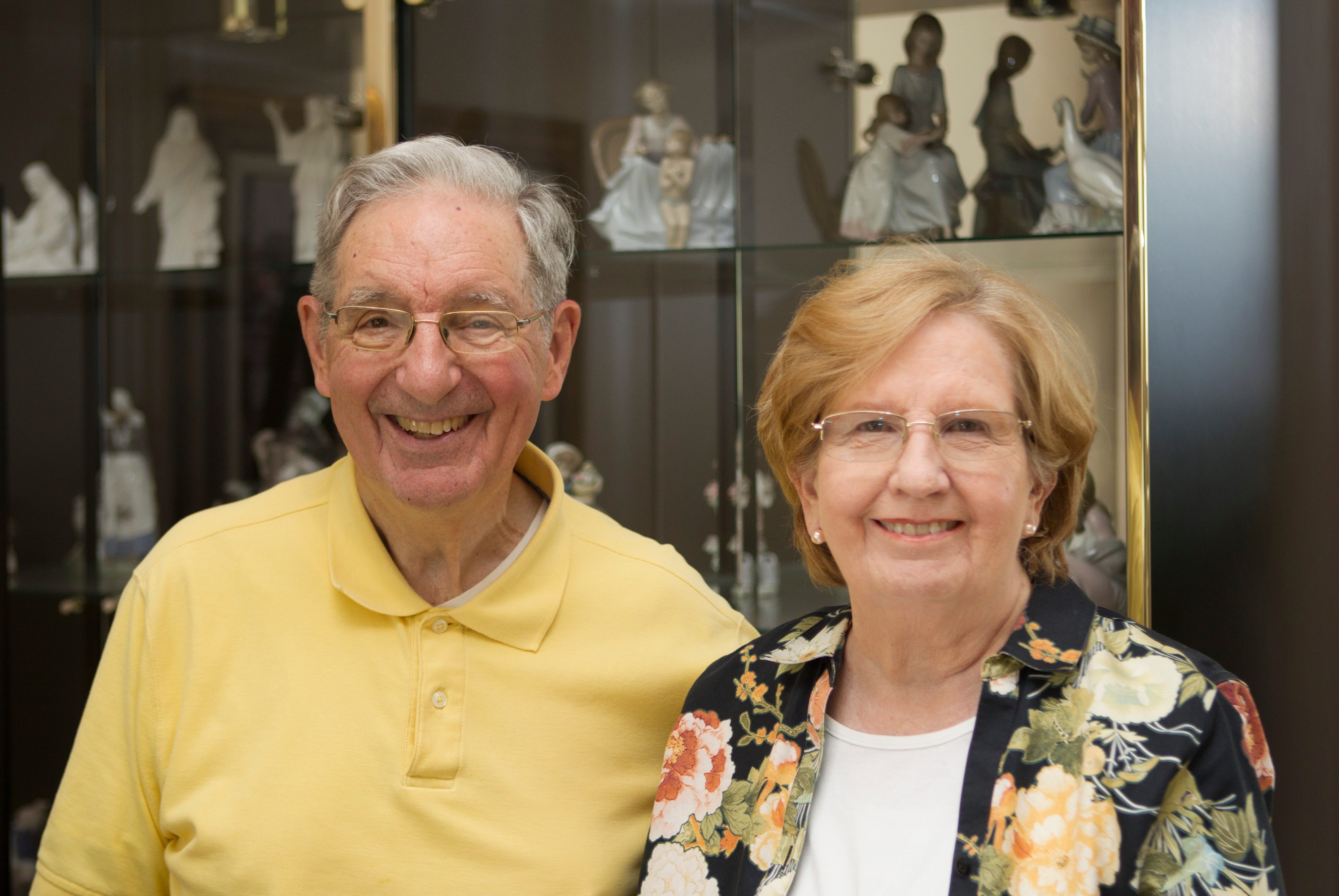
Nilo Jimenez for BI
This as-told-to essay is based on a conversation with Donald Kimmel, 78, who retired from his role as a bone biologist 16 years ago but continues consulting and peer reviewing articles. Kimmel, who lives in The Villages, Florida, said he’s stayed healthy and active and has enjoyed his retirement years, even though he doesn’t often get to the beach. His words have been edited for length and clarity.
Socially and career-wise, I have no major regrets. I had several related jobs which I loved, which were well-suited to my temperament, and were financially well-compensated.
I graduated from college as a chemistry major in 1968. I went to dental school out of college, but after a couple of years, I realized it wasn’t exactly for me.
I found some brochures advertising NIH-sponsored dental student research programs. While at a program in Salt Lake City, doing research was such an eye-opener that I knew being a graduate student would be a better way to go than continuing the dental program.
Are you an older American comfortable sharing your retirement outlook with a reporter? Please fill out this quick form. We are especially looking to hear from people 80 and older.
I talked to the guy who ran the program, who made an agreement that he would admit me as a Ph.D. student if I finished dental school. That’s where my career doing bone research came from.
In the late 1970s and early 1980s, my positions were 100% research and writing grant applications. I made the switch to osteoporosis research before it was popular.
I moved around quite a bit, including to a hospital in North Carolina studying kidney disease effects on bone. I had made a friend with an osteoporosis guy in Omaha, and he recruited me to be a researcher on his team.
After 12 years there, the first osteoporosis drug was put on the market in 1995. The guy who led the charge invited me to come to Merck, and I got to use all the new chemicals that Merck was making to create a second-generation osteoporosis drug. It was like heaven.
However, once he retired, the program disintegrated. I was in my late 50s, so I started calculating what my next move might be.

Nilo Jimenez for BI
Going to work the day after retiring
Before I retired from Merck, I made a point of getting a handle on my yearly expenses, expecting post-retirement they would be relatively close to what they were while I was working. I had a 401(k) and a 403(b) from a past university, and I had some inheritance money from my mom after she passed away in 2004. I had started using Fidelity Investments back in 1981.
I wish I had known about and been able to practice asset allocation much earlier in life. I wish I had known much earlier the data proving the predictability of annual returns versus risk from various asset allocation strategies over long timeframes.
When we were 56, my wife and I took out long-term care insurance policies. We have maintained them, though the annual premium is about sevenfold more now than when we enrolled.
In 2008, I was offered a buyout and got a year of extra pay, which got me almost to age 63. I figured I could retire and make it for decades from my pension and transitional income, and I knew I’d do freelance consulting.
It looks like I took early retirement, but for four or five more years, I was flying around to conferences and doing consulting. The morning after I took my buyout, I got this call from an attorney at Eli Lilly who needed me to do expert testimony during a lawsuit about a drug.

Nilo Jimenez for BI
Running races, peer reviewing papers, and taking it easy
My wife ran a home decorating and window coverings business. While on a trip to the US Virgin Islands, she told me she wanted to take the income from her business and buy a piece of property. We wanted a place to go when it was cold in the winter, though we weren’t wild vacationers. It was a big step for us, but we bought a condo in St. Croix in the mid-2000s.
My wife’s business was doing well, so we got another one on the beach. When my work was winding down in 2011, we used Airbnb and Verbo to list them. Until 2017, we figured out how to make them work as vacation rental properties. We balanced that with getting some people who lived in the Virgin Islands to do the local management stuff. Hurricane Maria ripped the roof off the beachfront condo, which was never the same again, so we sold them.
We moved to The Villages, Florida, in March of 2010. It was a place which my wife, who had patiently followed my US-wide odyssey doing research around the US, had always said she thought she would like. It has been our longest stop.
We projected we would be more able to travel in the early years of retirement, and we did river and ocean cruises. We’ve gradually started to slow down and have been traveling less in the last five years.
Before Covid and after two years of brisk walking, I started entering 5Ks. Thinking of all those my age who don’t even enter gave me an even better feeling. I got all the way down to 42 minutes. I can still do a mile in 16 minutes.
I still peer review papers on bone science for medical journals. I’ve been able to stay current on today’s knowledge. I like to pass down ideas on career moves that students should make. I enjoy talking to young people who are at those crucial phases and are looking for ideas. It’s a fulfilling part of retirement.
We have monthly expenses of about $9,400. We have monthly pre-tax income from three sources: combined Social Security of $5400, an annuity of $300, and an investment mix that historically both returns an average of ~$5,800 over an extended time period and lets us sleep at night.
My Fidelity account executive in The Villages took my accounts and ran an algorithm on them, then showed me a historical evaluation of what various mixes of allocations were going to return. I can sleep at night with what I have now, and I’ve done some opportunistic buying over the last three or four years.
Being older is about gaining all the easy advantages one can, to get through and avoid preventable illness. Because of my background, I can read the medical literature. I do my best to learn about activities and habits to do and avoid, and how to best treat conditions that I personally have. With health, remember this old adage. Smart people learn from their own mistakes. Wise people learn from others’ mistakes.
The post I’m 78 and still working part-time. Here’s how I’ve stayed involved with what I love, 16 years after retirement. appeared first on Business Insider.




